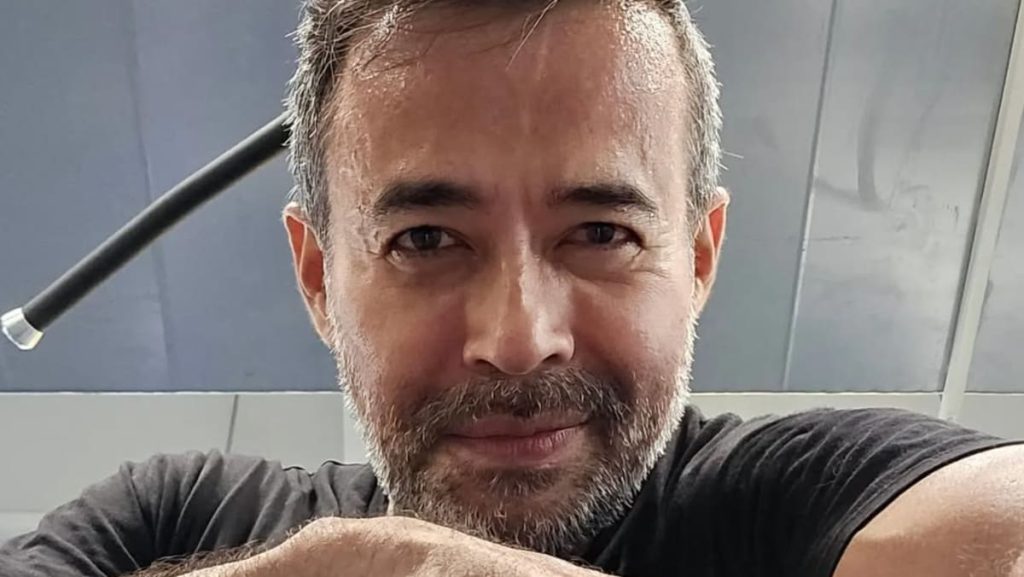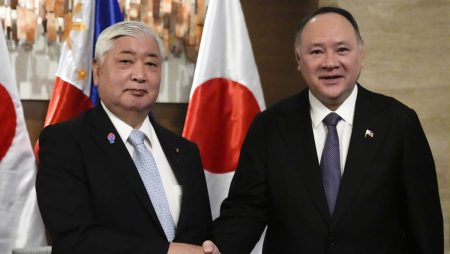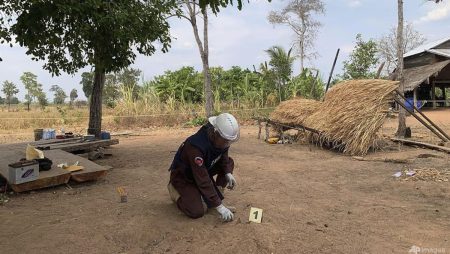Tony, reflecting on his imprisonment for drug-related offenses, recounted the emotional turmoil he experienced, particularly the guilt he felt towards his mother. The finality of their parting, punctuated by his mother’s tears, became a poignant reminder of the pain he had caused. This image, of his mother weeping for his mistakes, served as a powerful catalyst for self-reflection and a desire to mature. He was acutely aware of his age, nearing forty, and the discrepancy between his chronological maturity and his reckless behavior. The realization that he was still engaging in self-destructive acts, despite his age and the pain he inflicted on his family, fueled his resolve to change. His admission of responsibility, acknowledging his own “stupidity” as the root cause of his predicament, underscores his acceptance of the consequences and his desire to move forward.
Tony’s narrative highlights the complex interplay of emotions within the family dynamic during times of crisis. The initial disbelief of his loved ones, suspecting that he had been wrongly accused, speaks to the inherent trust and protective instincts within familial bonds. However, Tony’s honest confession shattered this illusion and forced them to confront the harsh reality of his actions. This admission, while painful, was a crucial step towards taking ownership of his mistakes and beginning the process of rebuilding trust and making amends for the damage caused. His willingness to confront the truth, rather than seeking refuge in excuses or blaming others, underscores his genuine remorse and his commitment to personal growth.
Tony’s experiences also shed light on the challenges of navigating the societal stigma associated with incarceration, particularly for drug-related offenses. The initial reaction from his family and friends showcases the prevailing tendency to seek external explanations, rather than accepting the possibility of wrongdoing by a loved one. This instinct to protect and defend, while understandable, can sometimes obscure the path towards genuine accountability and rehabilitation. Tony’s honest acceptance of responsibility, however, challenged this protective barrier and paved the way for meaningful change.
Beyond his personal story, Tony’s commentary on the case of an unnamed Malaysian comedian emphasizes the importance of empathy and withholding judgment. His plea for the public to await all the facts before rushing to conclusions reflects a broader social message about the dangers of hasty judgment and the need to consider the complexities of human behavior. He acknowledges that “extenuating circumstances” can sometimes drive individuals to make choices that seem inexplicable on the surface. This perspective encourages a more nuanced understanding of human actions, recognizing that motivations can be multifaceted and often influenced by unseen pressures and internal struggles.
Tony’s call for patience and understanding resonates with the growing awareness of the importance of mental health and the prevalence of hidden struggles that individuals may face. His suggestion that external factors can significantly influence behavior underscores the need for compassion and a willingness to consider the full picture before forming opinions. This principle applies not just to high-profile cases, like that of the Malaysian comedian, but also to everyday interactions, encouraging a more empathetic approach to human relationships.
In essence, Tony’s story is a testament to the transformative power of self-reflection, accountability, and the importance of second chances. His journey from denial and self-destruction to acceptance and a commitment to change serves as an inspiring example of the potential for personal growth, even in the face of significant challenges. His reflections on his past mistakes, coupled with his advocacy for empathy and understanding in the case of others, offer a valuable lesson about the complexities of human behavior and the inherent capacity for redemption. His story reminds us that judging others should be approached with caution and that reserving judgment until all the facts are known is essential for fostering a more just and compassionate society.










